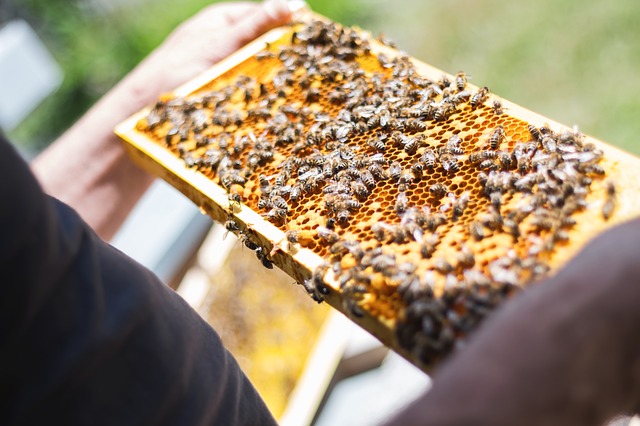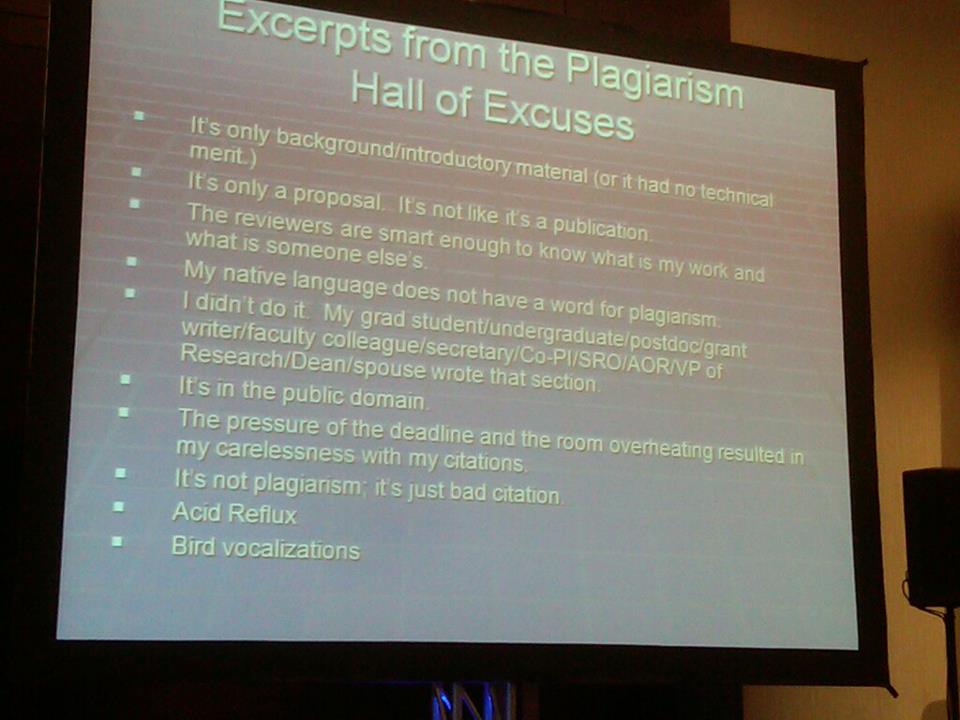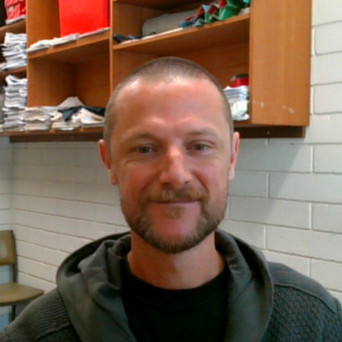The Institute of Electrical and Electronic Engineers (IEEE) has retracted a paper it published in 2006 that was identical to another paper it published that same year.
We learned of the two identical papers — both titled “Delay-dependent robust stability of uncertain discrete singular time-delay systems,” one published in the Proceedings of the 2006 American Control Conference, the other in the Proceedings of the 6th World Congress on Intelligent Control and Automation (WCICA) — from a reader in early October.
We alerted IEEE to the identical papers on October 7. The next day, a spokesperson said she was initiating an inquiry. And on November 10, the spokesperson sent us this statement:
Continue reading IEEE retracts plagiarized paper after Retraction Watch inquiries







